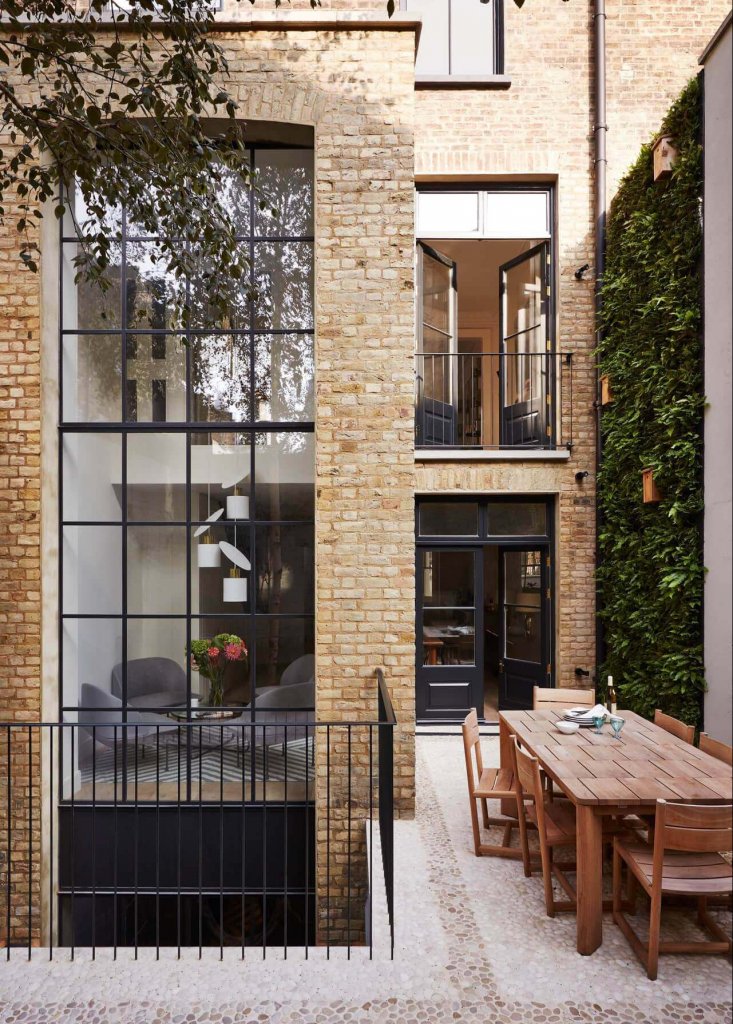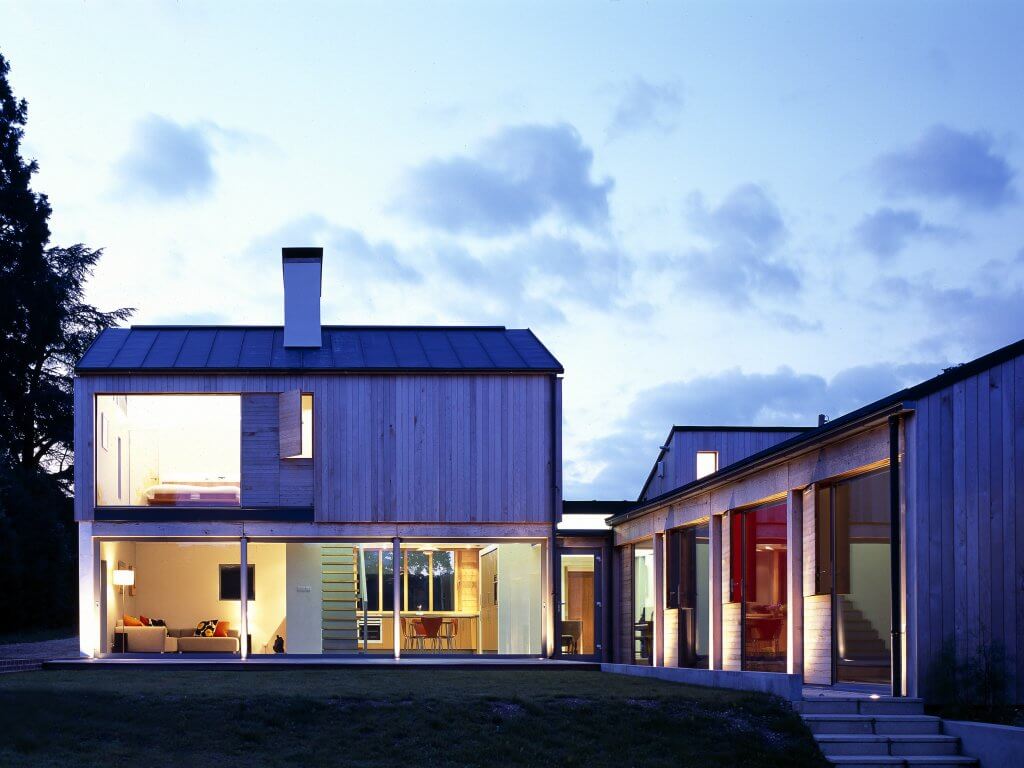All you need to know before placing a bid on a property…
You may be looking at simply refurbishing a tired flat in London, and in the best streets, there are still flats untouched since Elvis was last Top of the Pops. Or you may be more ambitious and want to knock down a house and build a new one.
Either way, before you bid on the property, you will want to know how much it could cost to make the place what you want and how long it might take.
Reliable answers are fiendishly hard to find. For starters, who do you ask? An architect, builder, interior designer—or phone a friend?
So here is a quick guide with at least some of the answers and, just as important, some of the key issues that will determine the cost and length of a project. (All of the figures below are quoted ex VAT.)
London apartment
Buy an apartment in a high-end new development in central London and, unless it is a show flat, you will still need to furnish it. You may also wish to decorate it more to your taste.
How much?
Hourly rates for interior designers in London range from around £75 at the lowest end to £400+ for the best-known and most in-demand names.
In addition to charging hourly rates (or a lump ‘design fee’), most designers also charge an agreed markup on the items they buy for your home such as fabrics or lamps. Designers’ markups typically range from 10% – 30%. Because designers buy at trade price, you should find that even at the highest end of that mark-up range you are still getting the items at less than the price you would pay for them if you walked into a shop.
“Helping clients choose exactly the right interior designer, and explaining their fees, is one of RedBook’s specialties.”
How long?
A huge flat obviously takes longer to decorate than a tiny one. And the more items created bespoke for you by the designer, the longer the project will take. In general, though, expect the designer to need 1 -2 months to design and order all you need for the flat, then up to 2 -3 months for deliveries to arrive and to install. But the dreaded supply-chain issues can mean delays on imports beyond this time horizon.

Who can help?
This is the simplest kind of project. No building work is required and no planning permission (though moving any walls will need consent from the development manager).
All you need is an interior designer who will bring in their trusted painter/decorator and other skilled artisans, if required.
Helping clients choose exactly the right interior designer, and explaining their fees, is one of RedBook’s specialties. We have been doing this for over a decade and work with a wide and carefully curated range of the very best designers whom we match to each client and each project, minimising risk and helping clients swiftly achieve their vision.
London house
Refurbishing a London house in good condition can be just as straightforward as decorating and furnishing a developer’s apartment (see time and cost above). But a house that was last refurbished, say, 20 years ago is likely to need at least some of its ‘services’—electrics, plumbing, heating or IT infrastructure—replaced.
How much?
Builders in London, as in most of the country, are in huge demand and the cost of building supplies has simultaneously spiked. So expect to pay around £350+ per square foot for simple new-build elements—or substantially more for higher quality build—and £250+ per square foot for a thoroughgoing refurbishment.
Replacing services means tearing up floors and chipping away plaster on walls—avoid if possible to keep costs down.
“Our clients need immediate answers to complex questions of cost and time when they are bidding live on a sought-after property.”
How long?
Structural changes to the exterior will require planning permission. Allow at least 12 weeks for permission.
And before submitting a planning application, you might be well advised to seek informal ‘pre-planning advice’ from the local council. This adds a further 6 weeks or more to the process.

Who can help?
A full house refurbishment, involving major structural alterations such building as a new basement, needs a team of specialist consultants led by an architect or project manager, assisted by a ‘quantity surveyor’ (also called a ‘cost consultant’) to check all the bills and ensure the builders stick to their contract.
RedBook specialises in giving clients a pre-purchase appraisal of properties needing refurbishment. We have huge expertise in this type of project, and assemble the team best suited for each project. Our clients need immediate answers to complex questions of cost and time when they are bidding live on a sought-after property. We pride ourselves on swift responses.
New build house
New houses are typically very straightforward to build compared to enlarging or refurbishing an old house substantially.
How much?
The cost of building a new house is easier to estimate accurately than the cost of refurbishing an existing one, because of the unknowns that lurk beneath the plaster and in the structure of an old house. The build cost for a house of quality, but with a fairly basic level of specification, currently costs around £350+ per square foot.
If this is the ‘bronze’ level, then ‘silver’ costs around £550+, gold costs £800+ and the very topmost level of specification will cost £1,000+.
And, when estimating the budget for a new-build project, remember to include the cost of professional fees—for architects, quantity surveyors and the rest of the professional team. A good rule of thumb is to add around 20% of the building budget for these.
“…the costs of building projects are fluctuating all the time so it is essential to get truly up-to-the-minute data on costs before you commit to a project.”
How long?
All but very large houses are built within 12 to 18 months. But from the first meeting to an architect agreeing on a design, obtaining planning permission, and getting builders on site often takes up to a year.

Who can help?
An architect is a much better starting point than a builder. This may be unfair to the excellent builders out there, but builders’ are liable to promise the world and give a rosy estimate of potential costs and timelines. Even architects usually defer to quantity surveyors when it comes to offering current information on build costs.
Again, RedBook is ideally placed to draw together all the expert advice on costs, dealing with planning challenges, and timelines for clients before they commit themselves to a new-build project.
At present, with so many challenges facing the building industry, from getting supplies to sourcing labour, the costs of building projects are fluctuating all the time so it is essential to get truly up-to-the-minute data on costs before you commit to a project.

